
Rachel Jimenez, MD, radiation oncologist at Massachusetts General Hospital, outlines the prevalence of cardiac toxicity, as well as the short-term and long-term impacts.

Rachel Jimenez, MD, radiation oncologist at Massachusetts General Hospital, outlines the prevalence of cardiac toxicity, as well as the short-term and long-term impacts.

The first session at the San Antonio Breast Cancer Symposium 2020 looked at how the COVID-19 pandemic is disproportionately affecting care for minority patients.

As more data have become available, we are seeing more and more patients receiving chimeric antigen receptor (CAR) T-cell therapy in the community setting, noted Karl Kilgore, PhD, senior research scientist at Avalere Health.

A late-breaking study presented at the American Society of Hematology annual meeting raises the specter of whether interventions can occur decades before a blood cancer would appear.
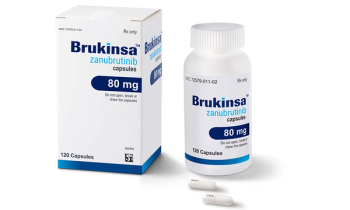
The treatment appeared to live up to its billing of having fewer off-target effects in studies presented at the American Society of Hematology.

Twelve-month maintenance data from this study demonstrate the survival and response benefits associated with daratumumab, noted Mark Wildgust, PhD, vice president of Global Medical Affairs/Oncology at Janssen.

Zanubrutinib has a cleaner kinome than ibrutinib in that it hits fewer off-target kinases, said Ian Flinn, MD, PhD, director of lymphoma research at Sarah Cannon Research Institute.
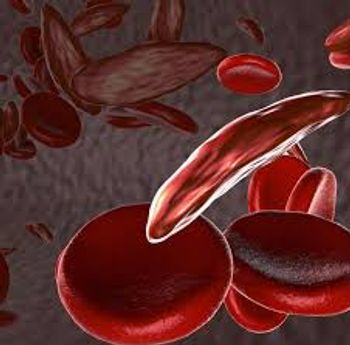
Doctors who treated patients with sickle cell disease who received an infusion of gene-edited treatment have called it "transformative" for those who live with a chronic condition.
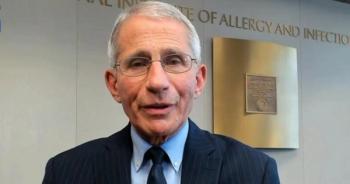
Three researchers presented results on COVID-19 therapies and data of importance to patients with hematological conditions.
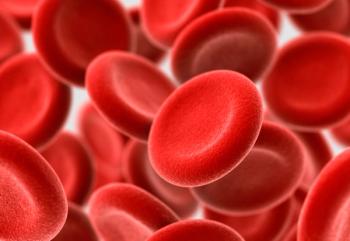
Results were released for a leading chimeric antigen receptor (CAR) T-cell therapy candidate in multiple myeloma, along with long-term findings for an early treatment that may soon face competition.

There have been exceptional results seen in CARTITUDE-1, stated Deepu Madduri, MD, assistant professor at the Icahn School of Medicine at Mount Sinai in New York City and associate director of its cellular therapy program.

It’s important to get the medicine and the science right, but we must not lose sight of that human connection between patient and caregiver, emphasized Robert K. Massie, Jr, PhD, MA, of the Society for Progress. Massie will speak during the virtual ASH meeting.
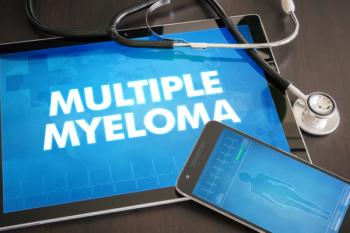
The lead investigator touted the benefits of subcutaneous administration of daratumumab in relapsed multiple myeloma (MM) during a presentation on practice-changing results ahead of the American Society of Hematology annual meeting.

Adding daratumumab to standard-of-care regimens consistently improves outcomes among patients with multiple myeloma, noted Mark Wildgust, PhD, vice president of Global Medical Affairs/Oncology at Janssen.

A preview of the 62nd annual American Society of Hematology meeting, taking place in a virtual format.

Investigators will be presenting exciting data on several treatments for multiple myeloma at the American Society of Hematology (ASH) meeting, noted Mark Wildgust, PhD, vice president of Global Medical Affairs/Oncology at Janssen.

At this year’s American Society of Hematology (ASH) meeting, we will see more on new and different targets we can utilize in myeloma, noted Deepu Madduri, MD, assistant professor at the Icahn School of Medicine in New York City and associate director of its cellular therapy program.
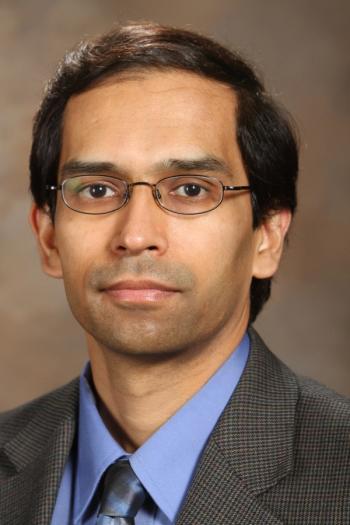
After recent setbacks, the beleaguered drug reduced cardiovascular events and may be a choice for patients with severe chronic kidney disease.
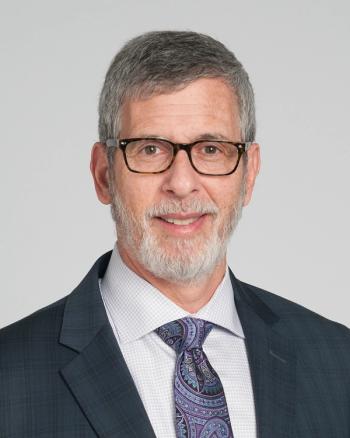
The investigator of the STRENGTH study says findings raise questions about the landmark REDUCE-IT trial, but other evidence suggests the drugs involved are different.
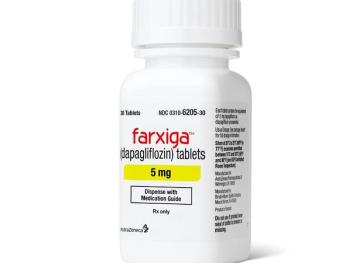
A registry study suggests 4 in 5 patients with heart failure might benefit from the SGLT2 inhibitor dapagliflozin.

Findings from the GALACTIC-HF trial presented at AHA Scientific Sessions 2020 showed that patients with heart failure (HF) with reduced ejection fraction who took omecamtiv mecarbil showed a significant 8% relative risk reduction in a composite of a HF event or death from cardiovascular causes, compared with those taking placebo.
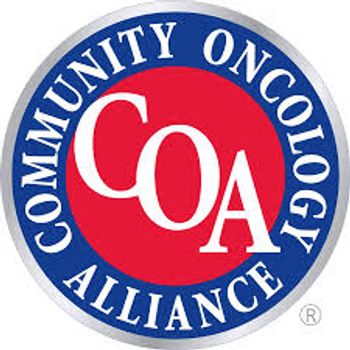
Value-based insurance design has made gains in oncology, but there's more work to do.

Panelists at the Community Oncology Alliance Payer Exchange Summit take issue with strategies they say harm patients and don't save money in the long run.

Bhuvana Sagar, MD, national medical executive, Cigna Health Care, offers insights on implementing payment reform models in oncology after a session at the 2020 Community Oncology Alliance Payer Exchange Summit.

Lalan Wilfong, MD, executive vice president for quality programs and value-based care at Texas Oncology and Community Oncology Alliance payment reform co-chair, discusses the role of employers in cancer care benefits and issues stemming from the pandemic.

A panel of key opinion leaders discuss how employers and self-funded companies should assess provider quality and value in cancer care at the 2020 Community Oncology Alliance Virtual Payer Exchange Summit.

Evolution and collaboration are the fundamentals of bringing oncology payment reform plans to fruition, say 3 professionals on the front lines.

During a session on day 1 of the Community Oncology Alliance (COA) Virtual Payer Exchange Summit on Oncology Payment Reform, a panel of experts discussed the ways COVID-19 continues to impact cancer care and payment reform.

Barbara McAneny, MD, founding partner of New Mexico Oncology Hematology Consultants, discusses the challenges in care delivery with step therapy in Medicare Advantage and much-debated home infusion in oncology.
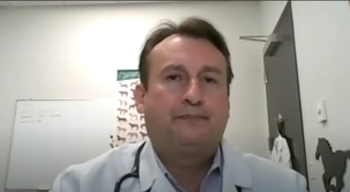
Lucio Gordan, MD, president and managing physician at Florida Cancer Specialists and Research Institute, discusses the impact that COVID-19 continues to have on health care delivery and payment reform initiatives as the COA Payer Exchange Summit tackles this and other issues in payment reform.

259 Prospect Plains Rd, Bldg H
Cranbury, NJ 08512
© 2025 MJH Life Sciences®
All rights reserved.
